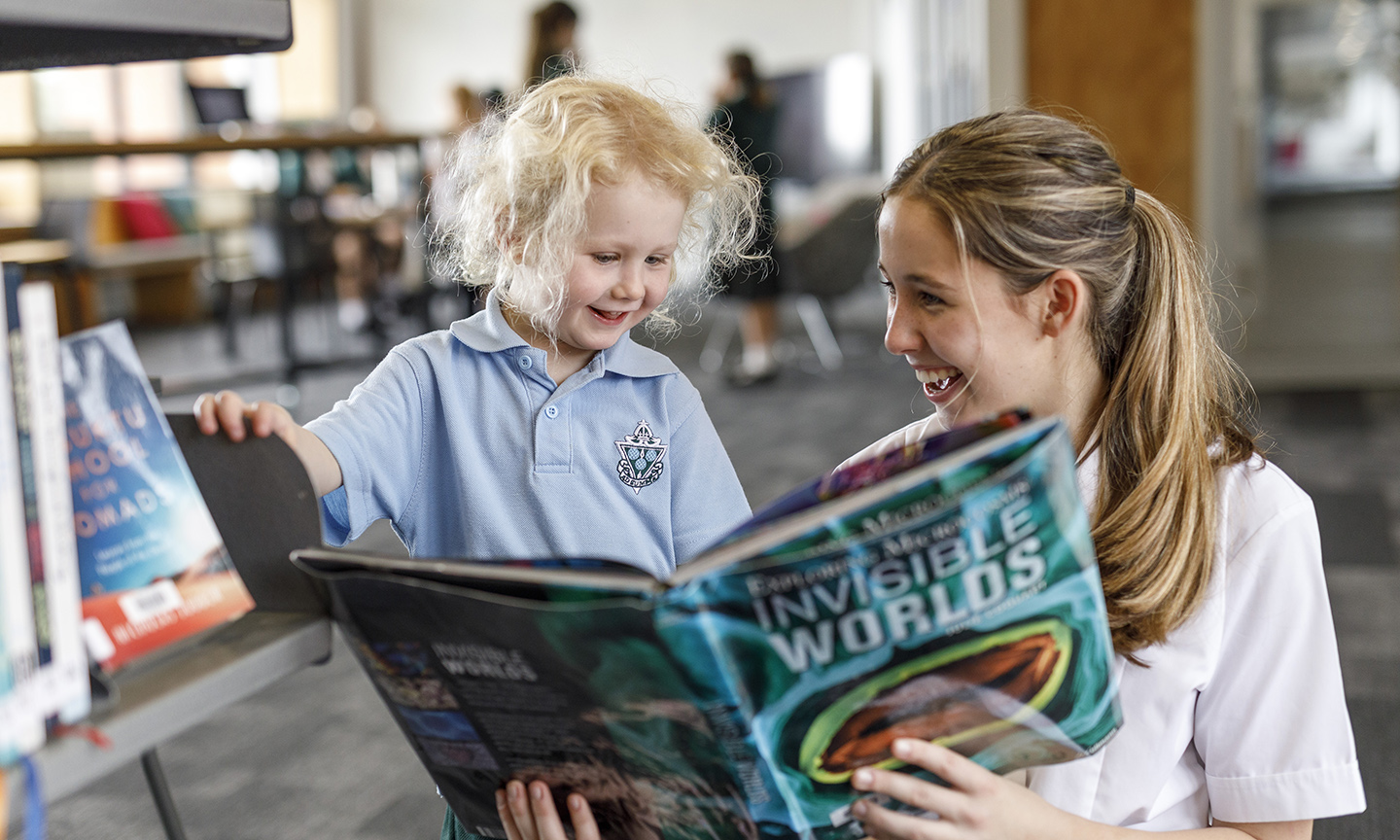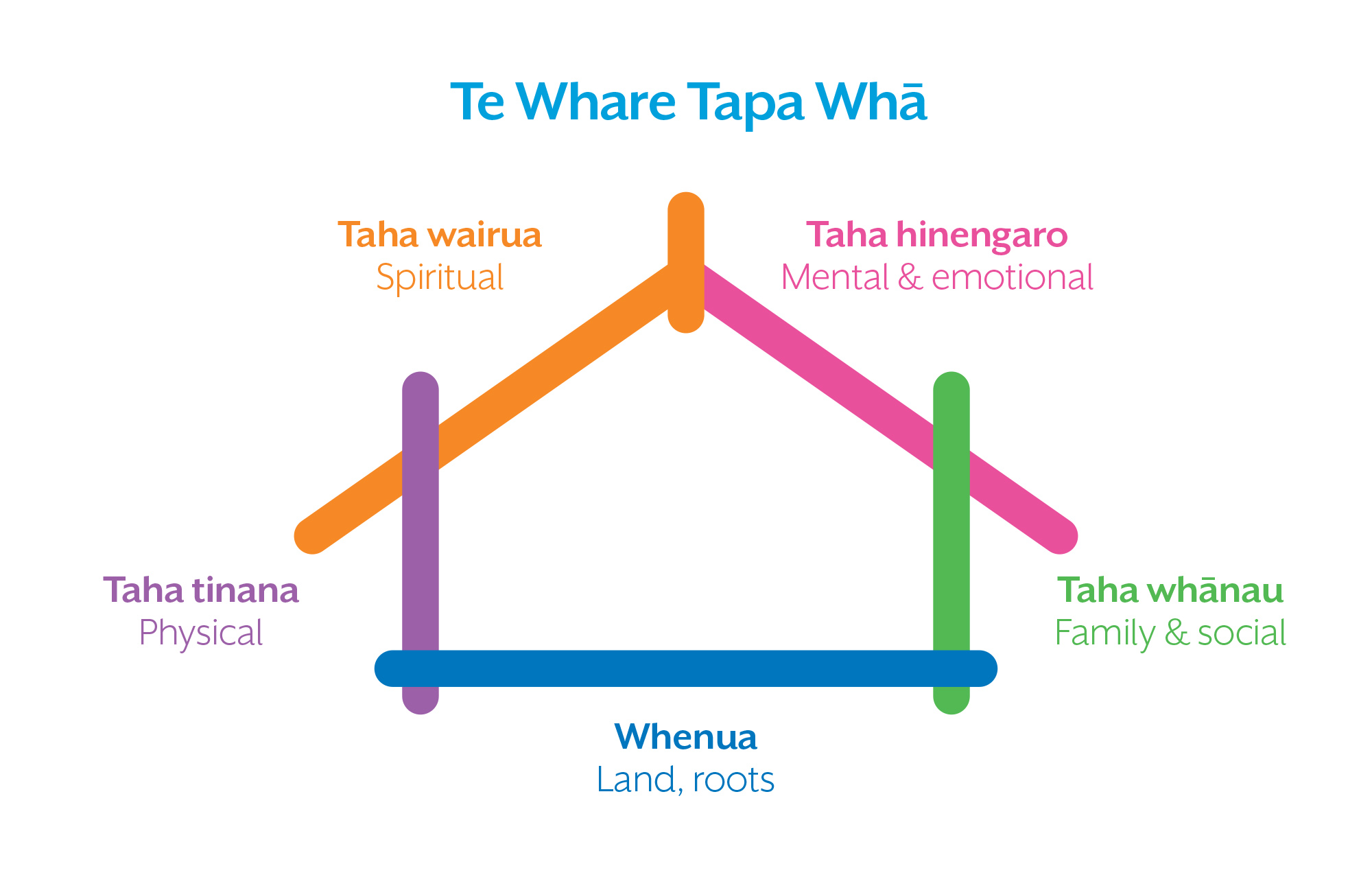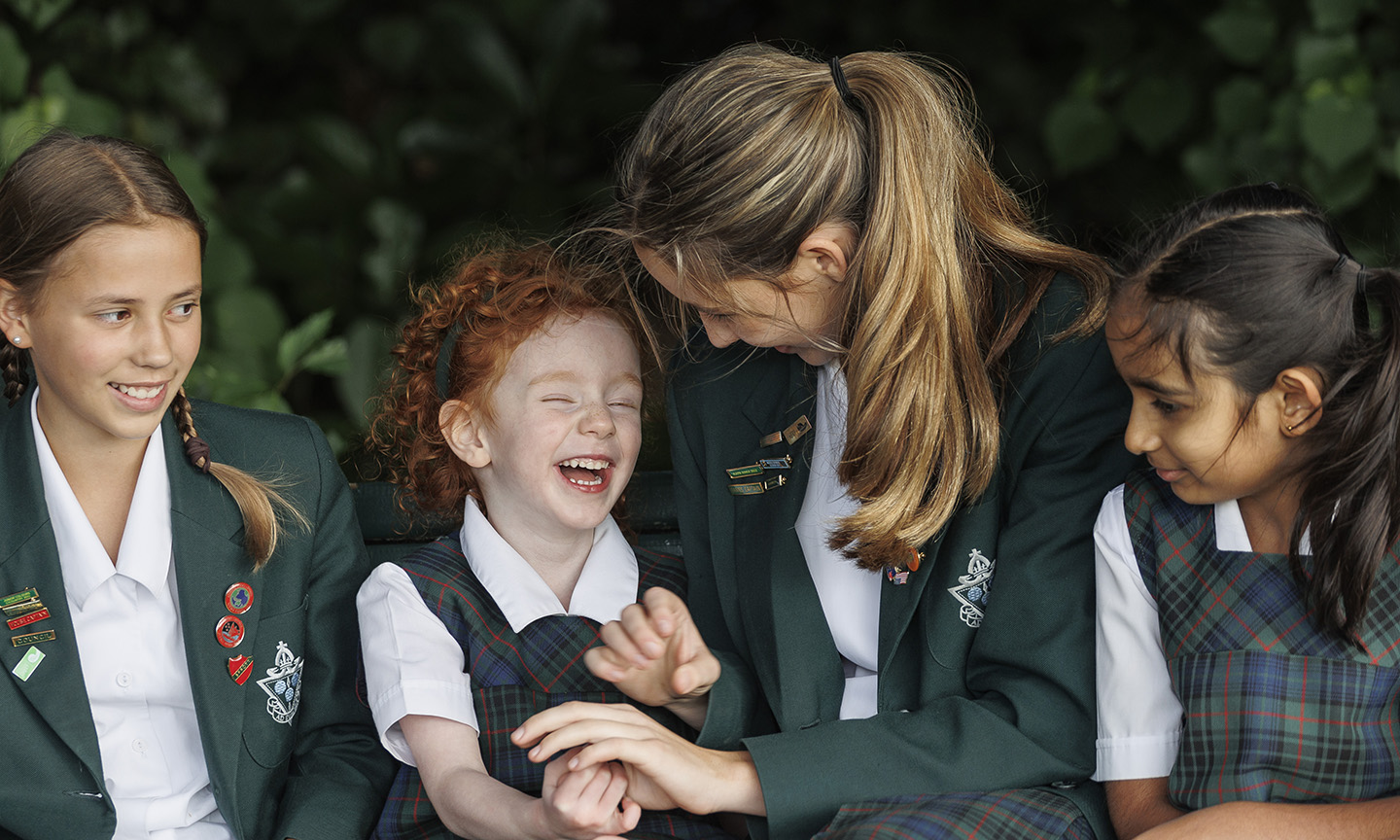
Marsden has a strong commitment to a school-wide system of care for the wellbeing of our students.
Tukua kia tū takitahi ngā whetū o te rangi
Let each star in the sky shine its own light

Marsden has long been known for its supportive community and exceptional pastoral care. Our approach to hauora is school-wide and embedded in everything we do. As well as the dean and classroom teachers, students have access to our expert hauora team including our school nurse, counsellors, psychologist, and chaplain.
We want Marsden students to be empowered and equipped for lives of purpose and meaning. Therefore, we strive to help them recognise their own worth and to place value in living well. To achieve this, we have created Awhi, our tailored wellbeing education programme. In te reo Māori, Awhi means to nurture, care for, embrace, and cherish. Grounded in our school values, wellbeing education at Marsden is intentional and specifically designed to best nurture students as they grow with us.
Our holistic approach to hauora is underpinned by Sir Mason Durie's Te Whare Tapa Wha model.

See for yourself

To find out more about Marsden's approach to hauora/wellbeing, you are warmly invited to come to our next open event or a personal tour, or to have a conversation about your child’s wellbeing and learning. Your daughter is also invited to spend a day in class, to join in with activities and meet other students. Just contact Enrolment Registrar Leigh McCathie (04) 476 8707 or email leigh.mccathie@marsden.school.nz to organise this. We look forward to meeting you and your whānau.
Sifan, Y13 2023
Paula Wells, Marsden Principal

